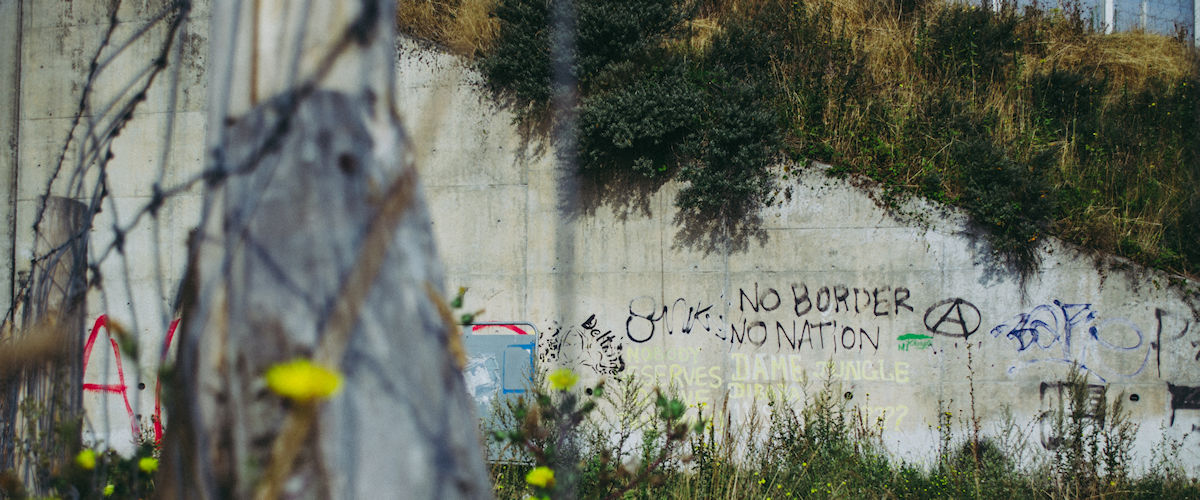
IGDC Research Seminar Series: Blurred lines between brokers and refugees Political and psycho-social interventions for lives disrupted in Iraq, Afghanistan and beyond
Event details
Presenter: Sara de Jong, Lecturer, Department of Politics
Title: Brokers of Conflict and Development: Afghan and Iraqi Civilians working for Western armies and development organisations
Global processes such as development, migration and war create interfaces between different communities, and produce a demand for brokers who can mediate across linguistic, cultural, social and political boundaries and negotiate the divergent interests of unequally situated groups. In this presentation I reflect on the powerful yet precarious role of colonial and contemporary brokers and argue that studying actors who function as brokers sheds unique light on the everyday mediations, negotiations, and translations that occur in the spaces of encounter opened up by global political processes. I will draw in particular on an empirical study of the claims to rights and protection by Locally Employed Civilians (LEC) employed by Western nations in the context of the military and humanitarian intervention in Iraq and Afghanistan. Considered traitors by some people from their own communities, they turned to the Western states that employed them for protection and rights. With this protection being piecemeal and reluctant, Afghan and Iraqi LEC feel betrayed, thereby joining the ranks of many historical brokers of colonialism and conflict.
Presenter: Paul Heron, Research Fellow, Department of Health Sciences
Title: RE-DEFINE Refugee Emergency: DEFining and Implementing Novel Evidence-based psychosocial interventions
The World Health Organisation (WHO) have developed a mindfulness-based Self Help Plus (SH+) intervention, based on Cognitive Behavioural Therapy (CBT) principles, that aims to support refugees who experience emotional distress. SH+ is designed to prevent at-risk individuals from developing mental health conditions such as Post Traumatic Stress Disorder (PTSD) as well as teaching key stress and emotional management skills.
SH+ was effective when delivered in Ugandan villages so now the University of York is one of six centres across Europe and Turkey to run the RE-DEFINE trial to test the effectiveness of SH+ in high income countries. We are now commencing the main trial after successful completion of the pilot study. RE-DEFINE is recruiting Cultural Facilitators to deliver SH+ groups, Cultural Mediators to communicate between researchers and participants, and asylum seekers and refugees to participate in the trial, all from within the Syrian Arabic-speaking community. Should SH+ be successful then it will be made widely available for free.
Contact
Maria-Eugenia Giraudo & Nicole Beardsworth